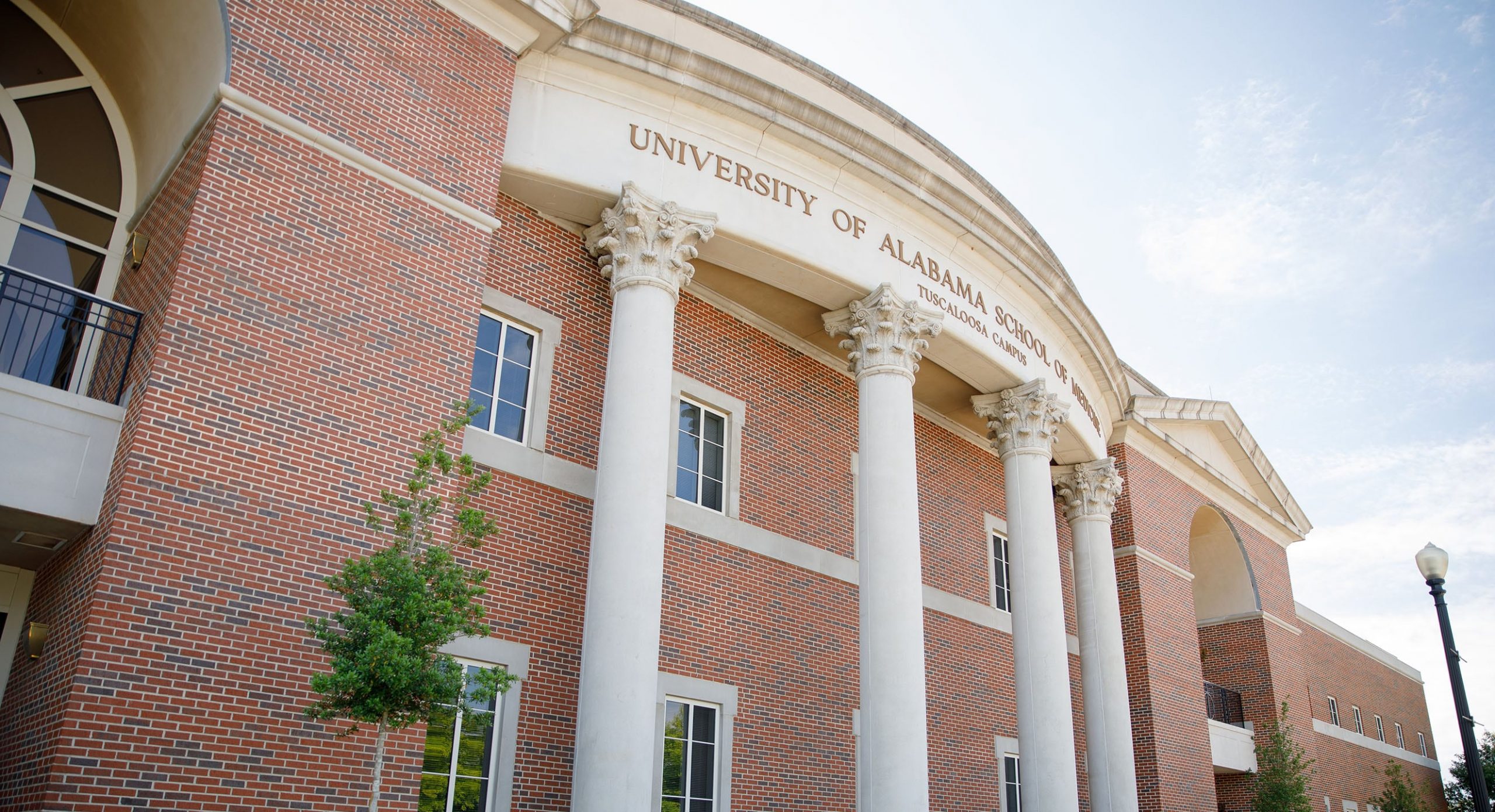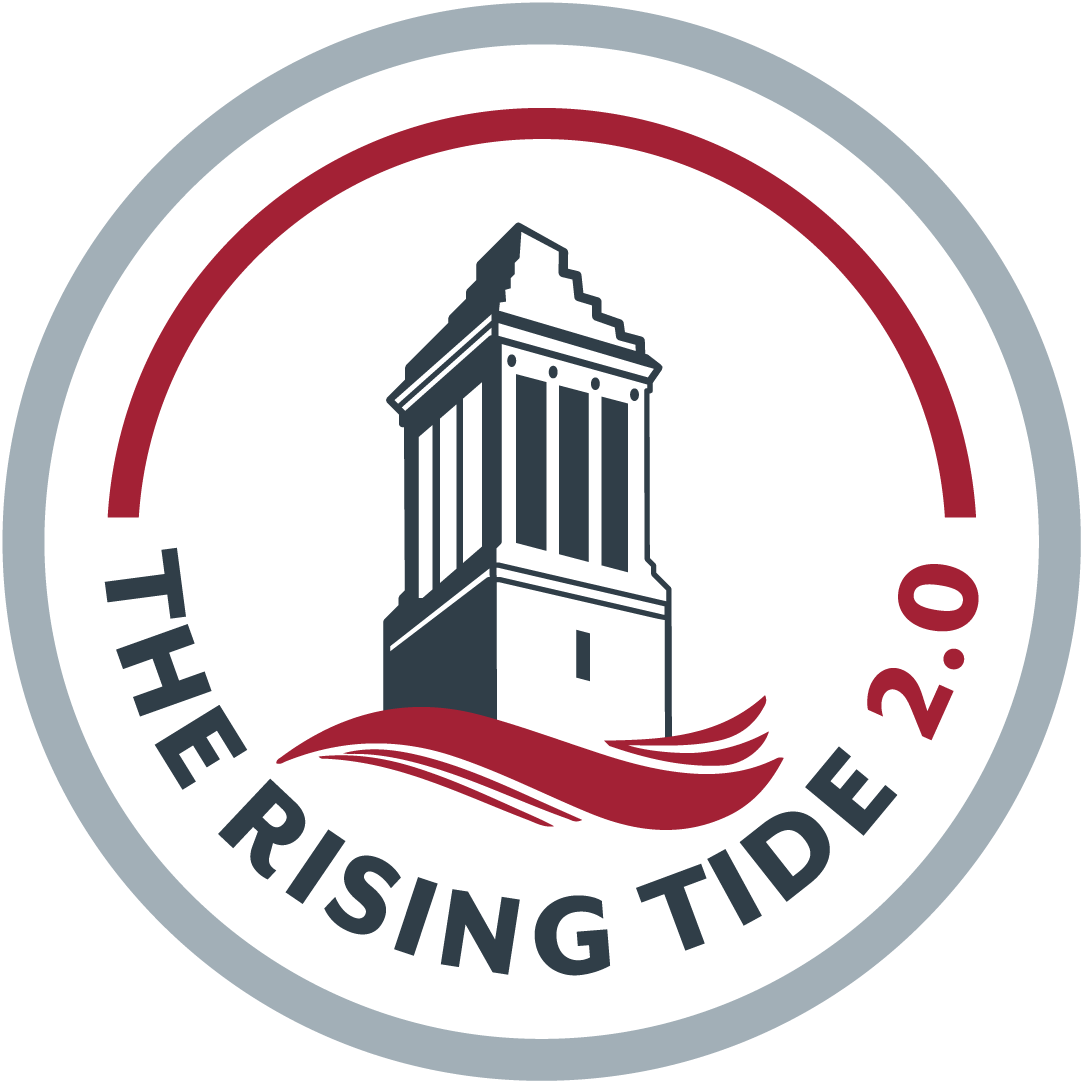Research is a major component of health care delivery, providing an understanding of differences in health status, access to care and the provision of physical and mental health services, said Dr. Martha Crowther, professor and associate dean for Research and Health Policy at The University of Alabama College of Community Health Sciences (CCHS).
The college’s research infrastructure provides the leadership, training and resources to promote integrated scholarly activity, enhance research productivity and increase external funding of CCHS research programs and those across the UA campus.
“We develop and implement research strategy that promotes CCHS as a leading hub for scholarly training in patient-centered medical research and population health,” Martha said. “Our goal is to become a leading hub for transformative, innovative and collaborative physical and mental health care through knowledge and scientific discoveries.”
To help meet this goal, the college recently added a Biosciences Division. The unit focuses on the interface of polymers and therapeutics at the nano, micro or macro-scale to prevent, manage or treat diseases using drugs or drug-like compounds, or their combinations.
The basic and clinical research scientists who are part of the Biosciences Division seek to establish novel drug delivery mechanisms and their application to inflammatory, infectious and vascular disease conditions. The team is currently researching new therapies, including treatment for diabetic cataracts and oral insulin therapy, and their discoveries have the potential to benefit Alabama communities.
Martha said the efforts of the Biosciences Division will propel basic sciences and translational research at CCHS. “We have historically done clinical and community-based participatory research,” she said. “Now we’re adding basic sciences research. It helps us to take what we’re seeing clinically and use it to improve outcomes.”


